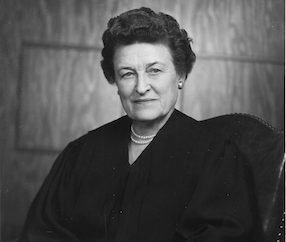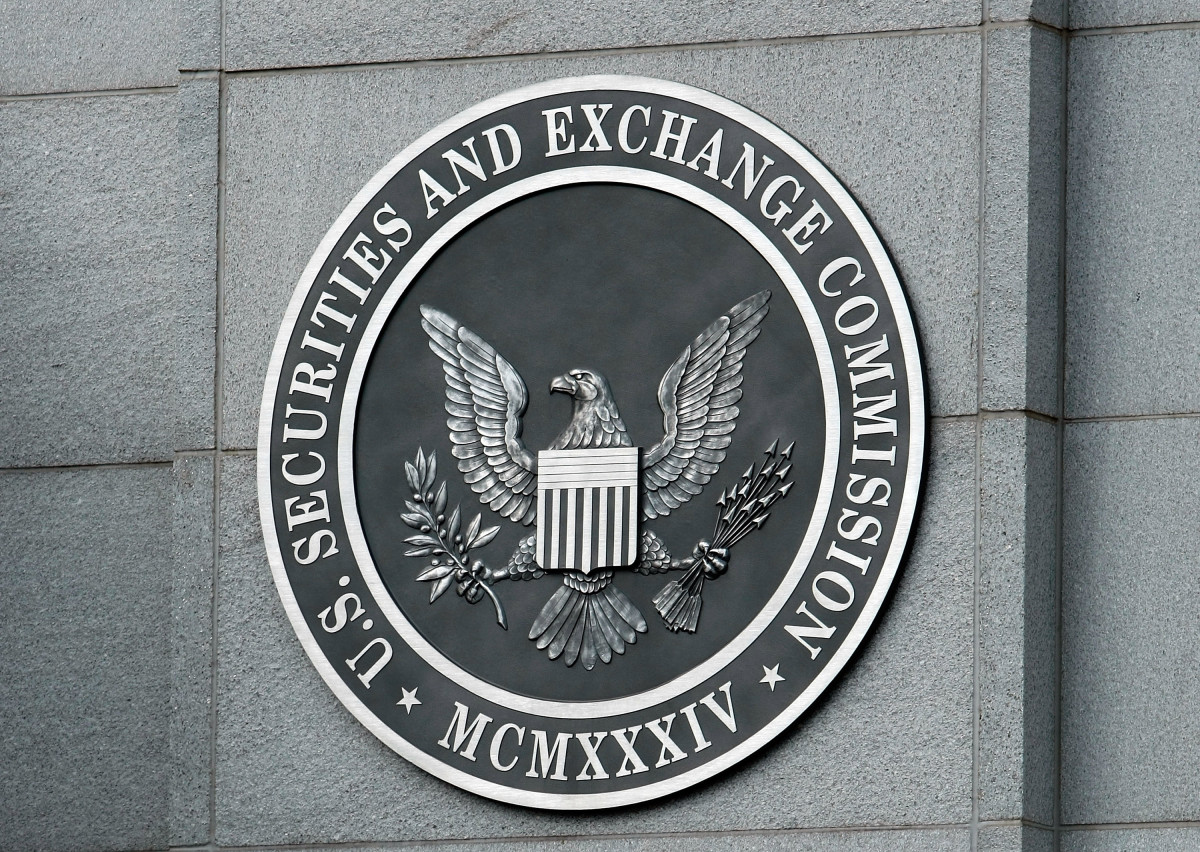A year ago this week, the pandemic took the nation by storm. Yet at the time, none of us could predict that the novel corona virus would shut down courts and place many law firms that hadn’t kept pace with, or weren’t willing to learn new technology at risk. And so two months into the pandemic, I interviewed, via Zoom, 14 intrepid solo and small firm lawyers to learn about how they were weathering the storm and what lay ahead. As you can tell from the original interviews, all of the lawyers, in their own way had figured out how to keep the wheels of justice turning and continue representing clients all while ensuring that their staff remained safe. Some of the attorneys we interviewed had never before used Zoom but became expert quickly, while others had been operating remotely for years so never skipped a beat. But all had one mission: that the show must go on.
Now, a year later, we’re checking in with eight of our subjects to see how they fared.
Paul Spitz
Paul Spitz of Spitz Law Firm ( www.spitzbusinesslaw.com/) specializing in the practice area(s) of Business/Corporate/Transactional/Startups and licensed to practice law in Ohio, California.
What surprised you most about the pandemic?
How stupid and selfish people are, how unwilling to make sacrifices and do things for the common good
What was one positive that came out of the pandemic for your practice?
My transition to work from home was pretty seamless, so I guess I save a lot on gas
What do you miss most about pre-pandemic practice?
Being around other people, being able to meet people
What lies ahead for your law firm, and more broadly, the legal profession?
Hard to say. I think the legal profession will need to rethink having lavish office space. Also, at least in corporate work, the trend of not having everyone in the same room, and of using tools like Docusign, video calls, etc., will only continue.
What’s a quote or piece of advice that became a mantra or got you through this last year?
Just because we are working from home doesn’t mean we should always be working
Ryan McKeen
Ryan McKeen of Connecticut Trial Firm ( https:/cttrialfirm.com) specializing in the practice area(s) of Personal Injury and licensed to practice law in Connecticut.
What surprised you most about the pandemic?
The level of connection that I was able to maintain with people despite not seeing them.
What was one positive that came out of the pandemic for your practice?
Remote court appearances make life a lot saner.
What do you miss most about pre-pandemic practice?
Lunches with people.
What lies ahead for your law firm, and more broadly, the legal profession?
Hopefully more remote hearings and depositions.
What’s a quote or piece of advice that became a mantra or got you through this last year?
Can’t break me.
Michael D. J. Eisenberg
Michael D.J. Eisenberg of Law Office of Michael D.J. Eisenberg, Attorney and Counselor at Law ( www.eisenberg-lawoffice.com ) specializing in the practice area(s) of Veterans Benefits Appeals, Military Records Corrections, Military Medical/Physical Boards and Federal Employee Employment Law and licensed to practice law in All 50 states, DC, and PR.
What surprised you most about the pandemic?
How the Department of Veterans Affairs was able to move to online virtual hearings.
What was one positive that came out of the pandemic for your practice?
The VA Board of Veterans Appeals seems to have accelerated their operating speed.
What do you miss most about pre-pandemic practice?
Face-to-Face in person meetings.
What lies ahead for your law firm, and more broadly, the legal profession?
As a solo practitioner, I have already been working in a virtual office. This has allowed me to hit the ground running with the total-virtual work lifestyle the pandemic has created. I believe large-size law firms, medium-sized law firms, and clients better appreciate the logistical and financial efficiency a virtual work lifestyle provides them. I foresee many firms of all sizes keeping a foothold in the virtual office environment even after the pandemic ends.
What’s a quote or piece of advice that became a mantra or got you through this last year?
Work lifestyle may of changed, but the practice of law remains the same…
Adam Zuwerink
Adam Zuwerink of West Michigan Law, P.C. ( westmichiganlaw.com ) specializing in the practice area(s) of Estate Planning and licensed to practice law in Michigan.
What surprised you most about the pandemic?
The wide range of emotions and viewpoints from clients regarding public health.
What was one positive that came out of the pandemic for your practice?
Zoom is now an acceptable form of meetings for clients.
What do you miss most about pre-pandemic practice?
Breakfasts and lunches with professional referral sources.
What lies ahead for your law firm, and more broadly, the legal profession?
Wide-spread use of video communication has reduced geographic boundaries even more.
Devon Slovensky
Today’s profile is Devon Slovensky of Slovensky Law PLLC ( https://slovenskylaw.com/ ) specializing in the practice area(s) of Family Law and licensed to practice law in Virginia.
What surprised you most about the pandemic?
I was surprised by how family law seemed to be largely unaffected – no large increases or decreases in cases.
What was one positive that came out of the pandemic for your practice?
The best thing for law that came out of the pandemic was increasing receptiveness to the Courts of technological solutions.
What do you miss most about pre-pandemic practice?
I miss seeing my colleagues more regularly and bar events.
What lies ahead for your law firm, and more broadly, the legal profession?
I will be working remotely more often, and I am sure other attorneys will as well.
What’s a quote or piece of advice that became a mantra or got you through this last year?
Just keep truckin’
Rebecca Neale
Today’s profile is Rebecca Neale of Bedford Family Lawyer ( https://bedfordfamilylawyer.com ) specializing in the practice area(s) of Domestic relations, estate planning and licensed to practice law in Massachusetts.
What surprised you most about the pandemic?
I am continually surprised that the situation is always changing. Once we develop a rhythm with work or school, something will change that will force us to evaluate options. Even in 2021, Courts continue to change the procedural rules, vaccination rollouts have been stressful, and school schedules changed as well.
What was one positive that came out of the pandemic for your practice?
We have streamlined our digital paperwork management and our internal systems, which has been useful. Another positive outcome is being able to appear for hearings via Zoom and meet with clients via Zoom. I anticipate more clients will meet with me via Zoom in the future, even if they have the option to come in to the office.
What do you miss most about pre-pandemic practice?
I really miss the in-person events with my colleagues. In particular, I would get together each month with colleagues in a few different groups, and I can’t wait to start seeing each other in person again. Zoom just isn’t the same for socializing.
What lies ahead for your law firm, and more broadly, the legal profession?
I anticipate that my firm will continue to grow. As we streamline our processes and I learn to delegate more, I hope to hire more staff. The legal profession is at a crossroads at the moment, with lawyers who are mothers being stretched to the brink but also working from home and new insight into the impact of racism in the profession, I hope that the profession is able to pivot towards being more welcoming. But, the jury’s still out on that.
What’s a quote or piece of advice that became a mantra or got you through this last year?
“We Can Do Hard Things” — Glennon Doyle
Liisa Speaker
Liisa Speaker of Speaker Law Firm ( speakerlaw.com ) specializing in the practice area(s) of Appeals and licensed to practice law in Michigan.
What surprised you most about the pandemic?
That we were remote working for way longer than I ever anticipated (I thought 12 weeks would have been a long time)
What was one positive that came out of the pandemic for your practice?
I have expanded my practice to help certain trial attorneys before the case reaches/needs an appeal.
What do you miss most about pre-pandemic practice?
Having all of my team at the office.
What lies ahead for your law firm, and more broadly, the legal profession?
As long as courts continue to allow remote participation, it enables us to help out more folks and trial attorneys around the state before the appeal stage. It also saves our clients money when we don’t have to travel for oral argument at the Court of Appeals. I think courts will be more willing to allow remote participation on a case-by-case basis.
What’s a quote or piece of advice that became a mantra or got you through this last year?
Pandemic or not, we are forging ahead, growing the firm, and helping more people.
Jeralyn Lawrence

Jeralyn Lawrence
Jeralyn Lawrence of Lawrence Law ( www.lawlawfirm.com) specializing in the practice area(s) of Family Law and licensed to practice law in NJ.
What surprised you most about the pandemic?
It was terrifying at first. I was absolutely worried about getting sick and also losing my business. I was surprised and thankful for how quickly we, and most family and divorce lawyers, were able to transition to the remote world.
What was one positive that came out of the pandemic for your practice?
So many! More time with my family and much less work stress because we are not rushing to court or meetings. Not having to fight traffic or commuting stress has been beyond wonderful.
What do you miss most about pre-pandemic practice?
Not very much but I do miss the socialization with colleagues and friends.
What lies ahead for your law firm, and more broadly, the legal profession?
Having survived this, I truly feel like there is nothing that can stop us. I anticipate more growth and absolutely believe our profession will embrace and remain virtual, in whole or in part.
What’s a quote or piece of advice that became a mantra or got you through this last year?
Take it day by day. Life and business can change in a minute. Be flexible. Believe in yourself and your team and the sky is the limit.
Share this:
Related
 Staci Zaretsky is a senior editor at Above the Law, where she’s worked since 2011. She’d love to hear from you, so please feel free to email her with any tips, questions, comments, or critiques. You can follow her on Twitter or connect with her on LinkedIn.
Staci Zaretsky is a senior editor at Above the Law, where she’s worked since 2011. She’d love to hear from you, so please feel free to email her with any tips, questions, comments, or critiques. You can follow her on Twitter or connect with her on LinkedIn.


 Jill Switzer has been an active member of the State Bar of California for over 40 years. She remembers practicing law in a kinder, gentler time. She’s had a diverse legal career, including stints as a deputy district attorney, a solo practice, and several senior in-house gigs. She now mediates full-time, which gives her the opportunity to see dinosaurs, millennials, and those in-between interact — it’s not always civil. You can reach her by email at
Jill Switzer has been an active member of the State Bar of California for over 40 years. She remembers practicing law in a kinder, gentler time. She’s had a diverse legal career, including stints as a deputy district attorney, a solo practice, and several senior in-house gigs. She now mediates full-time, which gives her the opportunity to see dinosaurs, millennials, and those in-between interact — it’s not always civil. You can reach her by email at 










 Kathryn Rubino is a Senior Editor at Above the Law, and host of
Kathryn Rubino is a Senior Editor at Above the Law, and host of 







